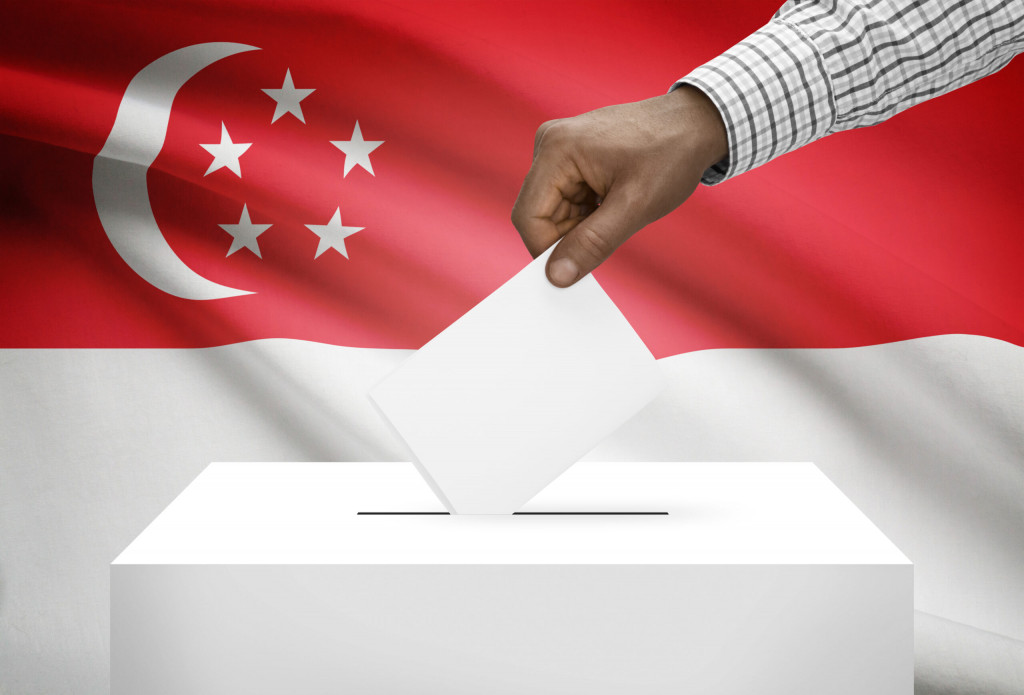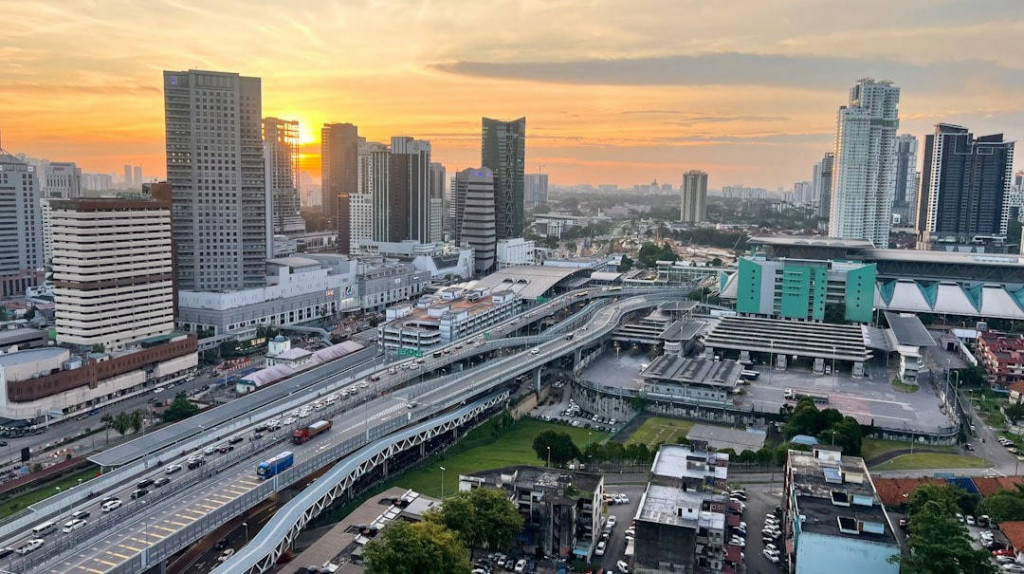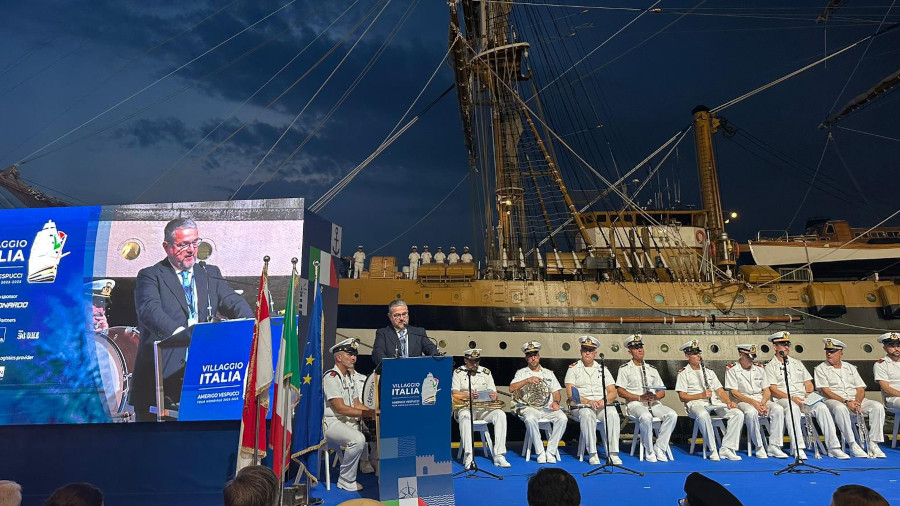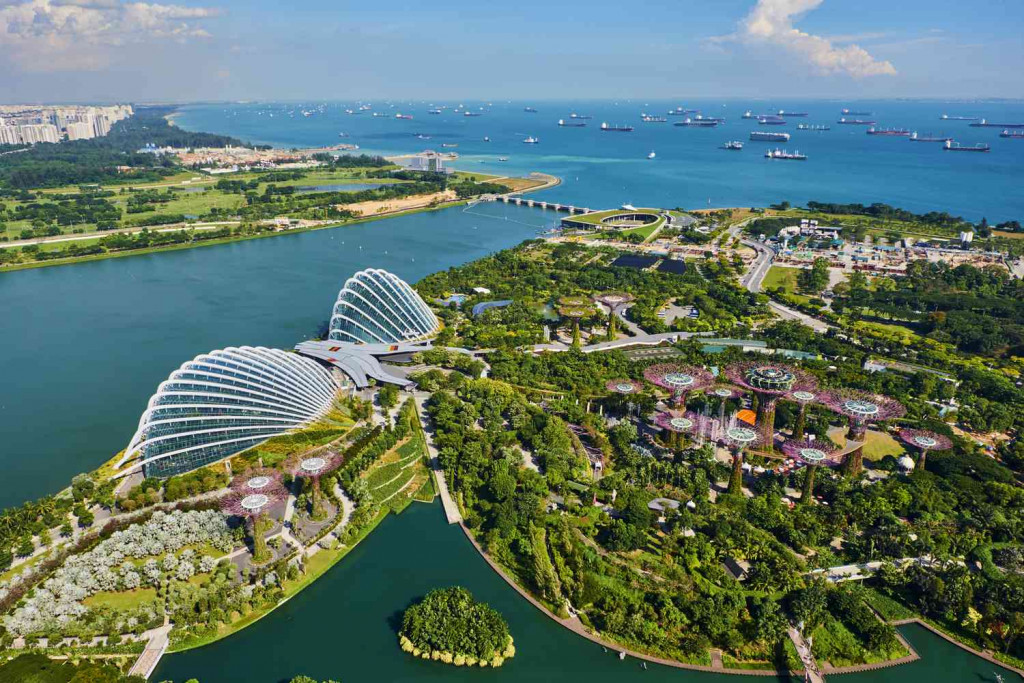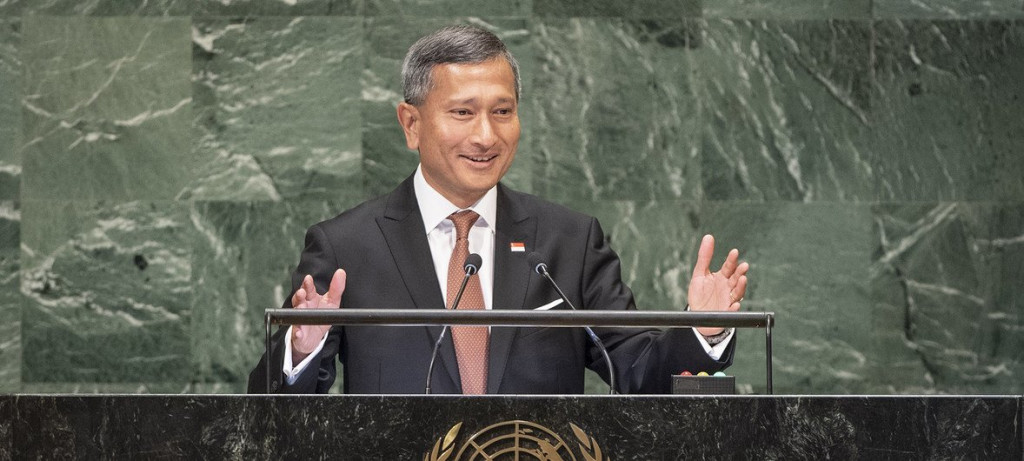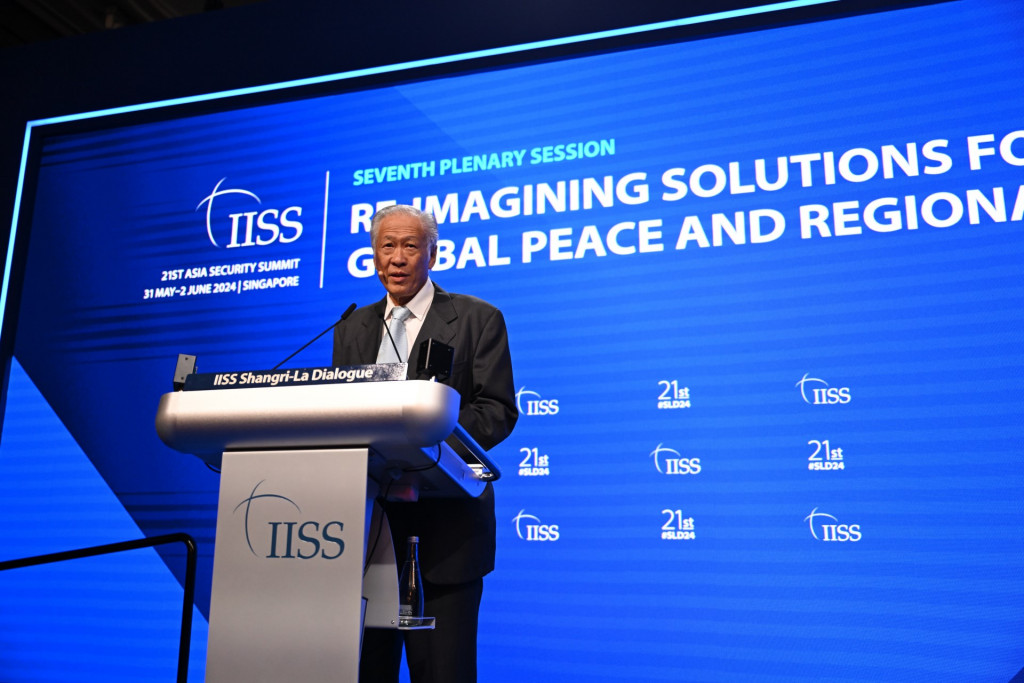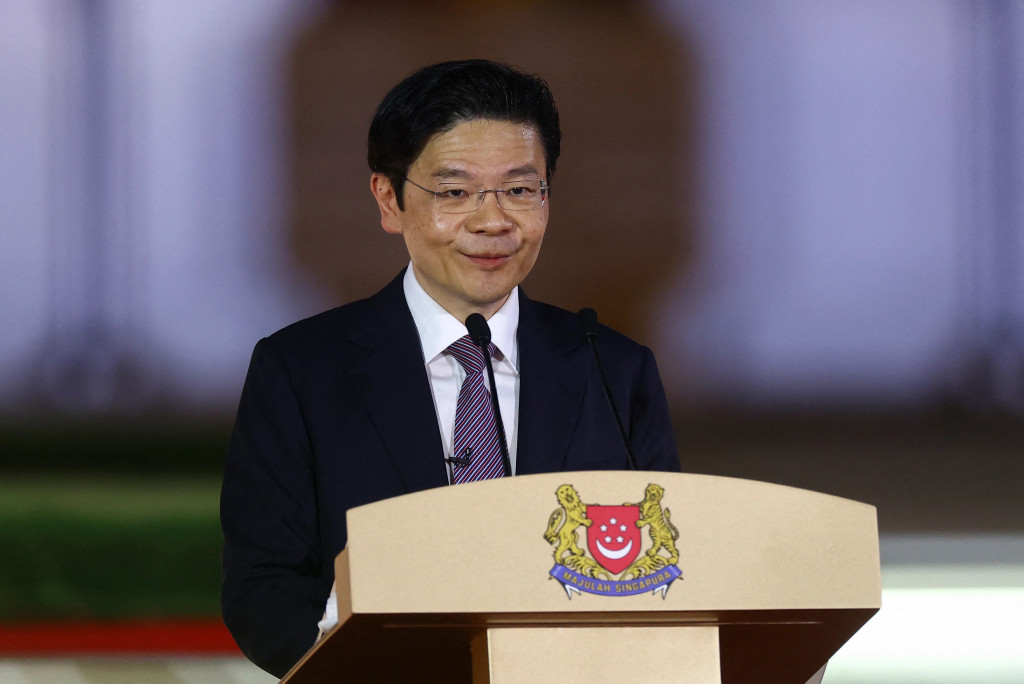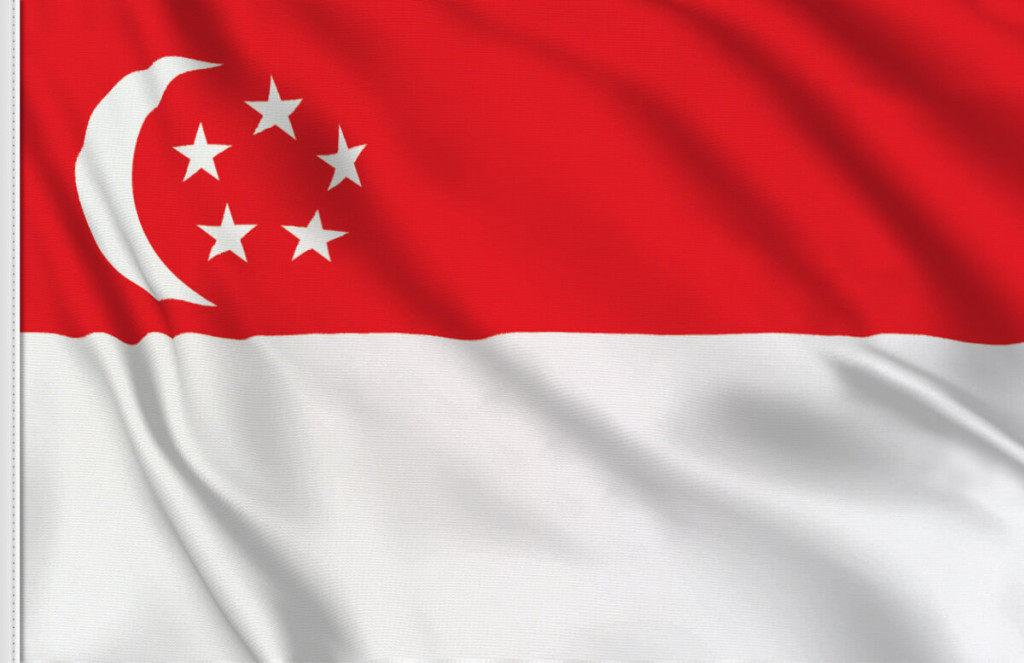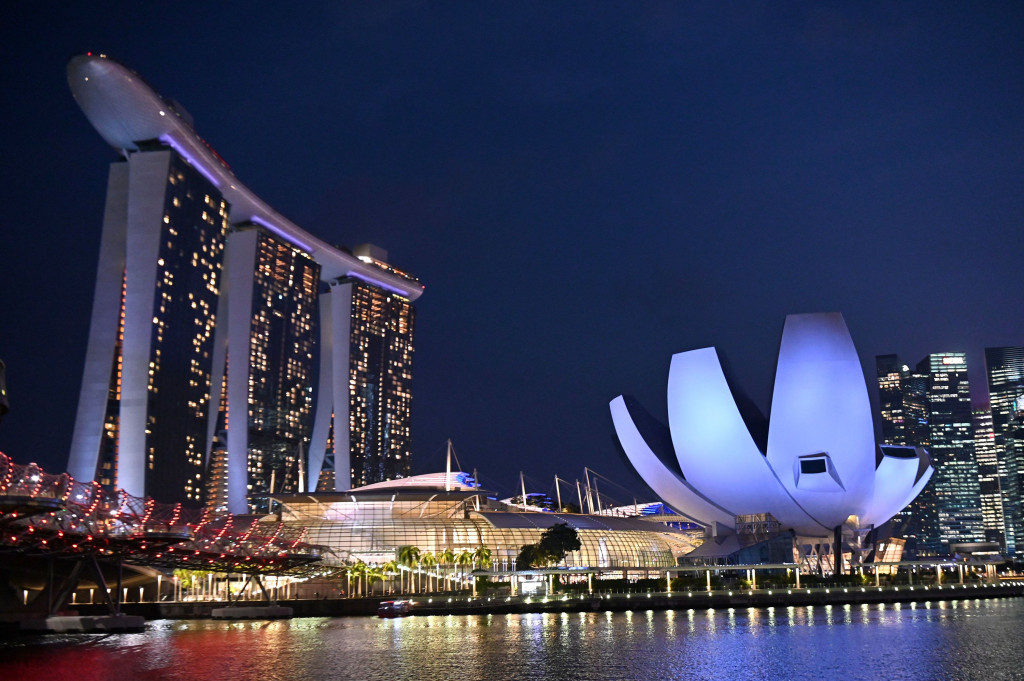Nonostante una buona parte dell’opinione pubblica continui a condividere il mantenimento della pena capitale, l’abolizione sta diventando una posizione sempre più popolare, soprattutto tra la popolazione giovane
By Emanuele Ballestracci
23 gennaio 2025, Syed Suhail bin Syed Zin viene giustiziato dieci anni dopo essere stato condannato a morte per il traffico di 38 grammi di eroina. Il 5 febbraio è invece l’ex poliziotto Iskandar bin Rahmat ad essere impiccato per un duplice omicidio risalente al 2013. Due giorni dopo un altro uomo, cinquantenne condannato per traffico di droga, subisce la stessa pena capitale. Queste impiccagioni sono state tutte eseguite nella prigione di Changi, a una manciata di chilometri dall’omonimo aeroporto simbolo della modernità e prosperità singaporiana.
Sin dalla sua indipendenza nel 1965 la pena di morte è infatti stata parte integrante del corpus legislativo della Repubblica di Singapore, strascico post-coloniale della legislazione penale britannica a cui il diritto singaporiano si è fortemente ispirato soprattutto nei suoi primi anni di vita. Nel 1973 questa pratica venne persino rafforzata tramite il Misuse of Drugs Act, prevedendola per il possesso di più di 15 grammi di eroina o 500 di cannabis. Nei due decenni successivi la pena capitale divenne uno dei principali strumenti attraverso cui il governo singaporiano cercò di eradicare il traffico e consumo di droga. È così che tra il 1994 e il 1999, Singapore ha registrato il più alto tasso pro capite di esecuzioni al mondo, con una media di 13,57 esecuzioni ogni centomila abitanti. Trasformare la città-stato in uno dei luoghi più sicuri, “armoniosi” e performanti al mondo è da sempre uno dei principi guida dell’azione del People’s Action Party (PAP), il partito al governo. Questo obiettivo si traduce in politiche spesso draconiane, tra cui la linea di “tolleranza zero” nei confronti dei reati legati alla droga — una linea che, in molti casi, comporta l’applicazione della pena di morte. Secondo il PAP, Singapore è riuscita ad attrarre ingenti investimenti esteri e sedi di multinazionali anche grazie alla sua capacità di garantire ordine e sicurezza all’interno dei propri confini. Alla base di questa visione vi è la convinzione che la severità e, soprattutto, la certezza della pena rappresentino strumenti di deterrenza essenziali non solo contro la criminalità, ma anche contro ogni forma di degrado sociale. È proprio questa convinzione che giustifica la posizione inflessibile del PAP sul mantenimento della pena di morte, considerata un pilastro della stabilità e del modello di sviluppo del Paese.
Le uniche aperture ad un allentamento della pena capitale sono arrivate solo nel 2012, quando il governo ha introdotto modifiche legislative che hanno concesso ai giudici la discrezionalità di comminare l’ergastolo anziché la pena di morte. Ciò solo nei casi di omicidio colposo e per alcuni reati di traffico di droga, a condizione che l’imputato soddisfi specifici criteri, come aver agito solo come corriere o aver fornito assistenza significativa alle autorità. Tra l’altro, il periodo compreso tra il 2010 e il 2013, durante il quale si è discussa e implementata la riforma sulla pena di morte, rappresenta uno dei due unici momenti in cui le esecuzioni a Singapore si sono fermate stabilmente. L’altra anomalia è il biennio 2020–2021, quando le impiccagioni sono state sospese a causa della pandemia da Covid-19.
Nonostante una buona parte dell’opinione pubblica continui a condividere le opinioni governative sul tema, l’abolizione della pena di morte sta diventando una posizione sempre più popolare, soprattutto tra la popolazione giovane. Le tre manifestazioni che sono avvenute dal 2021 a Hong Lim Park – l’unico luogo a Singapore in cui è consentito organizzare proteste e manifestazioni – dimostrano come la sensibilità per questo tema stia montando. L’ultima di queste potrebbe aver persino giocato un ruolo nella sospensione dell’esecuzione di Pannir Selvam Pranthaman, cittadino malese colpevole di aver importato 51 grammi di eroina, annunciata a poche ore dall’impiccagione prevista per lo scorso 20 febbraio. Tuttalpiù, negli ultimi anni il PAP ha cominciato a perdere consensi, e il persistere di una linea intransigente su un tema così sensibile per le nuove generazioni di singaporiani — molto più istruite e consapevoli rispetto a quelle precedenti — potrebbe contribuire in modo significativo al consolidamento di questo trend elettorale negativo.


